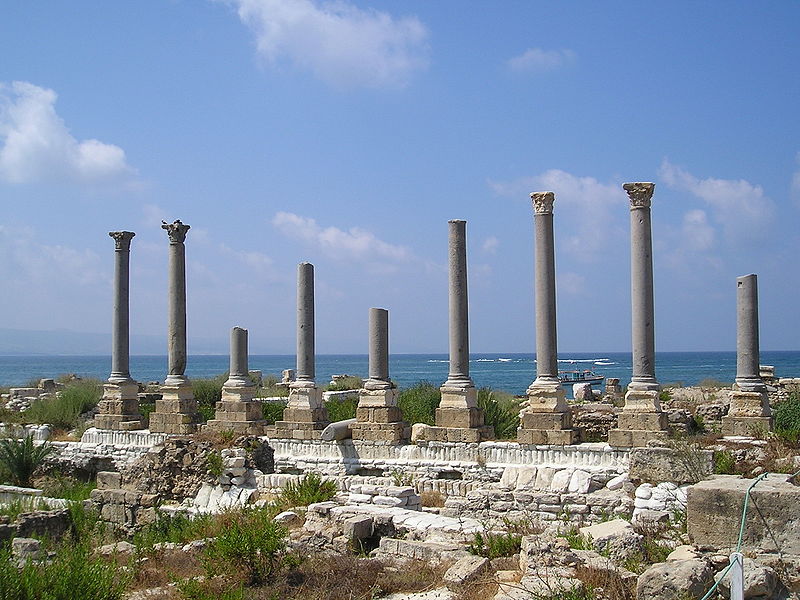17 Feb. Did Jesus insult a Gentile woman in Syria?
"Jesus left that place and went to the area around Tyre. When he went into a [Jewish] house, he did not want anyone to know he was there, but he could not stay hidden."
"A woman whose daughter had an evil spirit in her heard that he was there. So she quickly came to Jesus and fell at his feet. She was Greek [i.e. a non-Jew or Gentile], born [locally] in Phoenicia, in Syria."
"She begged Jesus to force the demon out of her daughter. Jesus told the woman, 'It is not right to take the [Jewish] children's bread and give it to the [Gentile] dogs. First let the [Jewish] children eat all they want.'"
"But she answered, 'Yes, Lord, but even the [Gentile] dogs under the table can eat the [Jewish] children's crumbs.'"
"Then Jesus told her, 'Because of your answer, you may go. The demon has left your daughter.'"
"The woman went home and found her daughter lying in bed; the demon was gone.
(Mark 7:24-30)

This is a difficult passage for racially-sensitive modern readers. In it, Jesus, who was a Jew, appears to insult a Gentile woman living in Tyre simply because she isn't Jewish. But it isn't that straightforward!
First of all, we need to ask why Jesus had travelled to Tyre, a Greek (Gentile) city, on the Mediterranean coast 30miles / 50km north of his home in (Jewish) Capernaum.
Mark tells us that Jesus went for a seaside holiday break, to get away from the crowds, and "he did not want anyone to know he was there". (Mark 7:24)
He was clearly exasperated when his peace and quiet was broken by a Gentile woman whose daughter had "an evil spirit" in her.
But how did the woman find Jesus in this Gentile / Greek city?
Easy! Jesus (like any other practising Jew of his time) stayed in the home of a fellow Jew as Jews were not allowed to eat in the home of Gentiles for fear of becoming ritually unclean (see Acts 11:4-10). And in this Gentile city, there wouldn't have been many Jews that Jesus and his followers could stay with (in their guest room).
When the woman "begged Jesus to force the demon out of her daughter", we have to remember that, by her very action, the woman was threatening to make Jesus 'ritually unclean' as Jewish men did not normally mix with unknown women (see John 4:9 & Leviticus 15:19).
Jesus responded by reminding her of the local 'joke' about Jews and Gentiles: the Jewish 'children of God' didn't eat with ritually unclean Gentile 'dogs'. (Jews saw dogs as an 'unclean' animal as they scavenged for food on the dirty ground.) But the woman turned the joke back on Jesus by replying, "But even unclean dogs [Gentiles] can eat the crumbs from under the forbidden [Jewish] table."
It doesn't sound funny to us today, but you can imagine Jesus and the Syrian woman both erupting in laughter at this new twist to an old joke!
In New Testament times, Tyre was the main seaport of the Roman province of Syria and Phoenicia. It was a prosperous city with pagan temples and twin harbours built on either side of a small island. The Roman settlement, to the south of the island, was constructed adjacent to the causeway linking it to the mainland, built by Alexander the Great during his siege in 332BC. Tyre became part of the Roman Empire in 64BC and was one of the first Roman cities in the region to embrace Christianity.
The photo (by Heretiq) shows Roman remains at the Al Mina archaeological site in Tyre.
You can read more about Tyre @ https://www.thebiblejourney.org/…/…/jesus-in-tyre-and-sidon
